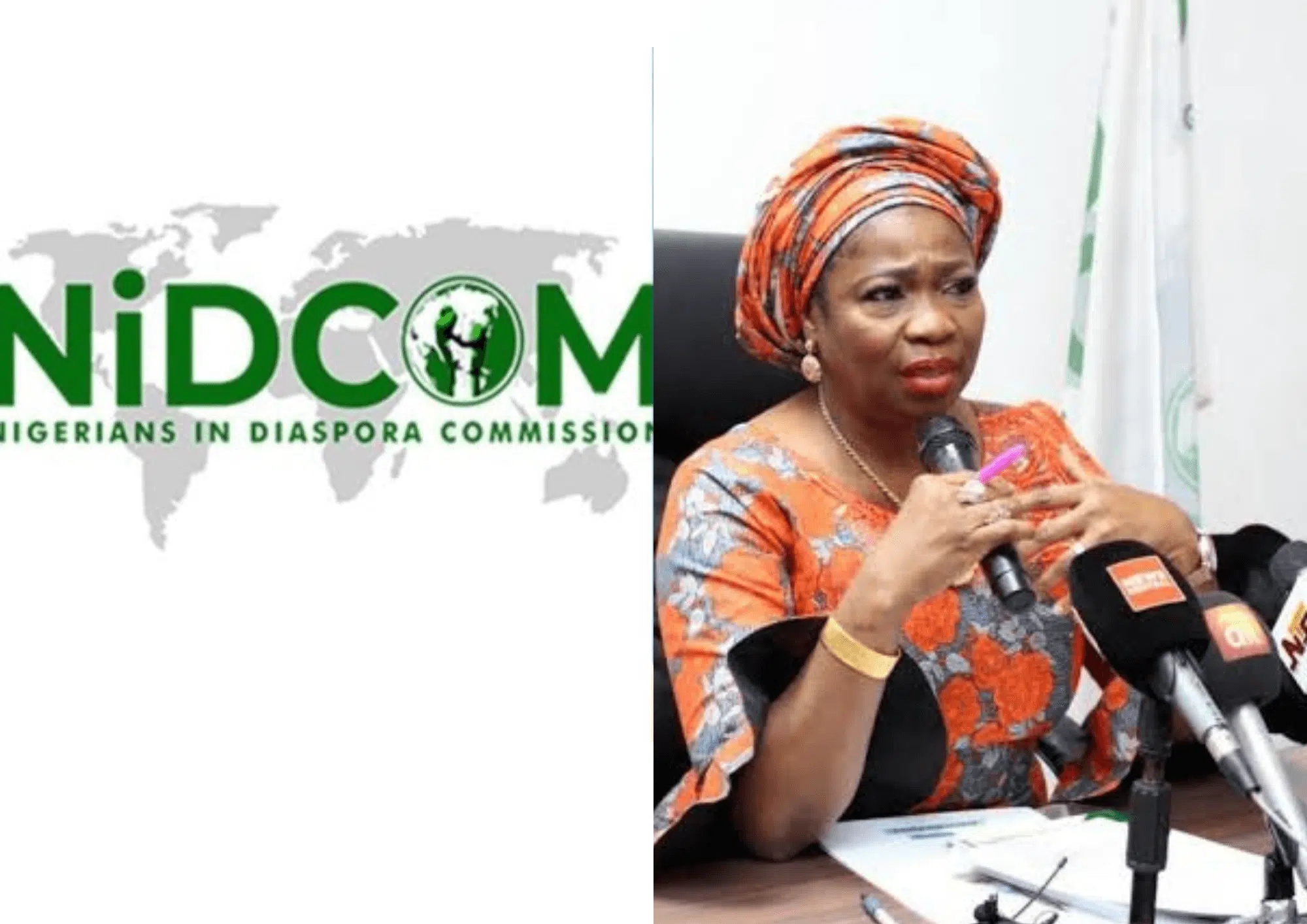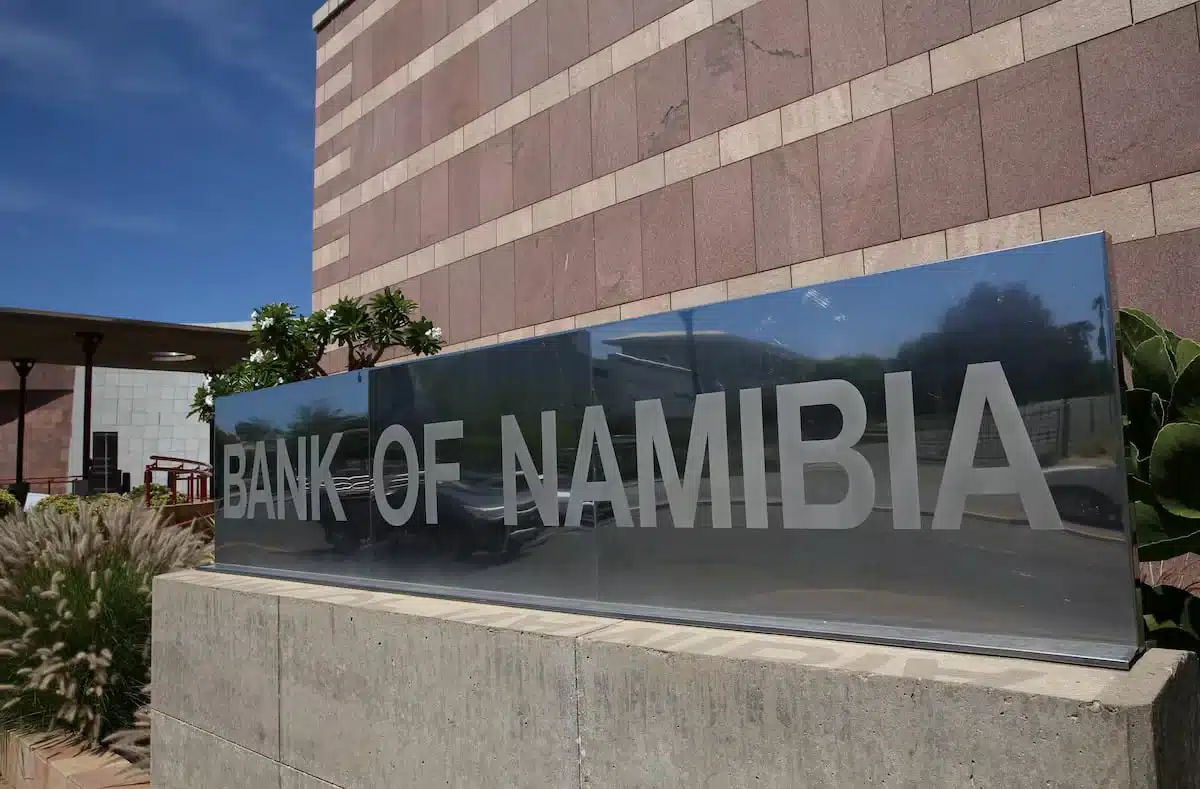The idea of charging a $500 tourism tax on Nigerians returning home for the holidays has caused significant debate.
Dokun Olumofin, a Nigerian social dignitary, suggested the tax could raise N240 billion, which could be invested in the country’s tourism sector. However, the Nigerians in Diaspora Commission (NIDCOM) quickly rejected the proposal, calling it unfair and harmful.
December is one of Nigeria’s busiest and most profitable seasons, with NIBSS reporting a record ₦71.9 trillion in transaction value in December 2023. This reflects a growing trend of digital payment adoption, as seen in 2022 when cashless transactions reached ₦395.47 trillion, up 42% from the previous year.
According to a report by MO Africa company limited, Lagos hotels generated approximately ₦54 billion in revenue. During the same period, the tourism and entertainment sectors in Lagos earned about ₦111.5 billion. This was as reported by a tax and revenue consultant, Kayode Osebi, engaged by the state government.
Nigerians abroad are a major part of this success, contributing not just through remittances but also by spending on hotels, events, and other services. NIDCOM believes the proposed tax would discourage them from visiting, which could hurt the economy.
The commission also raised concerns about corruption and inefficiencies in tax collection. They argued that introducing such a tax might create more problems than solutions. Instead of adding financial burdens, NIDCOM recommended focusing on improving infrastructure, like better roads, reliable transportation, and stronger security measures. This would not only encourage Nigerians in the diaspora to visit but also attract international tourists, creating a bigger economic boost.
If the tax were implemented, the impact could go both ways. On one hand, it might provide additional revenue for the government. On the other hand, it could reduce the number of holiday visits, affecting businesses that rely heavily on festive season spending. Hotels, event organizers, and small businesses, in particular, might struggle to maintain profits.
The reality is that Nigerians abroad already play a vital role in the economy. They send money home money home through formal channels like bank transfers, as well as informal methods such as mobile money services and cash couriers.They also invest in local businesses, and spend heavily when they visit.
Instead of taxing them more, the government should focus on making their visits easier and more rewarding. Improved infrastructure and a more welcoming environment would naturally encourage more spending and investment, benefiting everyone.






